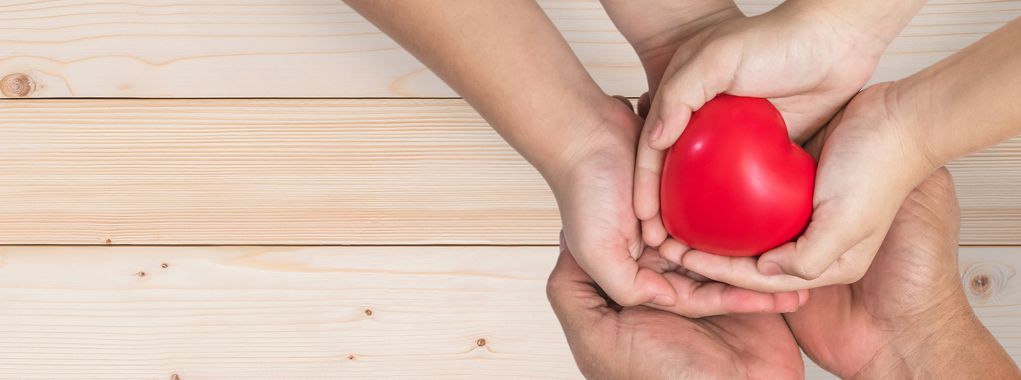Mrs. Green’s World is a platform that not only educates people about the health of the planet, but also encourages all of us to consider various options to create healthy, sustainable communities. We are proud to partner with Tucson Medical Center, which has been Tucson’s locally governed nonprofit regional hospital for more than 70 years. Because TMC is committed to empowering patients to be active partners in their care and has a robust wellness outreach program, we are sharing TMC’s message. To learn more, please listen to our special podcast series, sponsored by Tucson Medical Center.

Incredible reward at no cost – How cord blood donations can change lives
Cord blood donations can enhance and save lives, and do even more – providing donors and their families with the uplifting benefit of knowing their cord blood gift will have a positive impact for years to come.
What is cord blood?
What exactly is cord blood and why is it so beneficial? “Cord blood is the blood that is left inside the umbilical cord and placenta after a baby is born,” said Kristen Wilt, cord blood coordinator at Tucson Medical Center. “It is so important because it contains blood-forming stem cells that can be used in blood transfusions to heal or repair damaged cells that cause serious diseases.”
Saving and improving lives
Wilt explained cord blood stem cells are used to treat more than 80 life-threatening diseases, which include many forms of cancer, as well as immune and genetic disorders. “Acute myeloid leukemia, Hodgkin’s lymphoma and sickle cell anemia to name just a few,” Wilt said.
Blood transplants can have a significant and permanent effect for individuals facing specific debilitating and severe health challenges, she explained. “By and large, the treatments can cure many diseases or have a significant impact that dramatically improves the quality of life for the recipient.”
How donation works
Wilt said the process is quick, easy, and it is free. “At TMC the mom and family are asked if they would like to donate the cord blood immediately after birth,” explained Wilt. “There is one simple consent form to sign and a health history questionnaire to review and you’re done – you’ve just created a life-saving possibility for someone.” Participation in the Arizona Public Cord Blood Program is growing, but currently available only in a few Arizona hospitals. “It made a great impression on us that TMC was the only hospital in Southern Arizona who offers cord blood donation,” said donor Babcock. “It can seem like a small thing but has such an incredible impact.”
Cord blood donations from TMC have gone to help patients all over the United States and as far away as Australia.
Safety and anonymity
Donating cord blood poses no risk to the baby or mom because the cord blood is collected after the birth, when the placenta and umbilical cord are no longer needed.
The hospital assigns a number to each donation so that it is received and tracked by the public cord blood bank anonymously.
Where it goes and how it helps For the past four years, TMC has worked with the Arizona Public Cord Blood Program and has provided almost 5,000 cord blood donations. “Within 48 hours, the cord blood is delivered to the University of Colorado Cord Blood Bank (an FDA-licensed facility), where it is cryopreserved in liquid nitrogen tanks,” said Wilt. “This process conserves the stem cells in the blood for a very long time – donations have been used after 20-25 years.” The donation becomes part of the national registry managed by NMDP/Be the Match registry. “Worldwide, patients of all ages who are in need can work with the registry to determine if they are a match,” Wilt said.
Why your donation matters, for others and for you
Some moms and families decide to save and privately store their baby’s cord blood. However, the cryopreservation process and on-going storage fees can be cost-prohibitive. “If cord blood is not donated, it is disposed of as medical waste – and it is truly a waste,” said Wilt.
Donating cord blood has such significance because finding a match can be very difficult. “About 70 percent of people in need are not able to find a match from their family,” Wilt said. “More cord blood donations means a greater chance that someone in need will find a match.”
For more information about cord blood donations, contact visit the Save the Cord Foundation website.